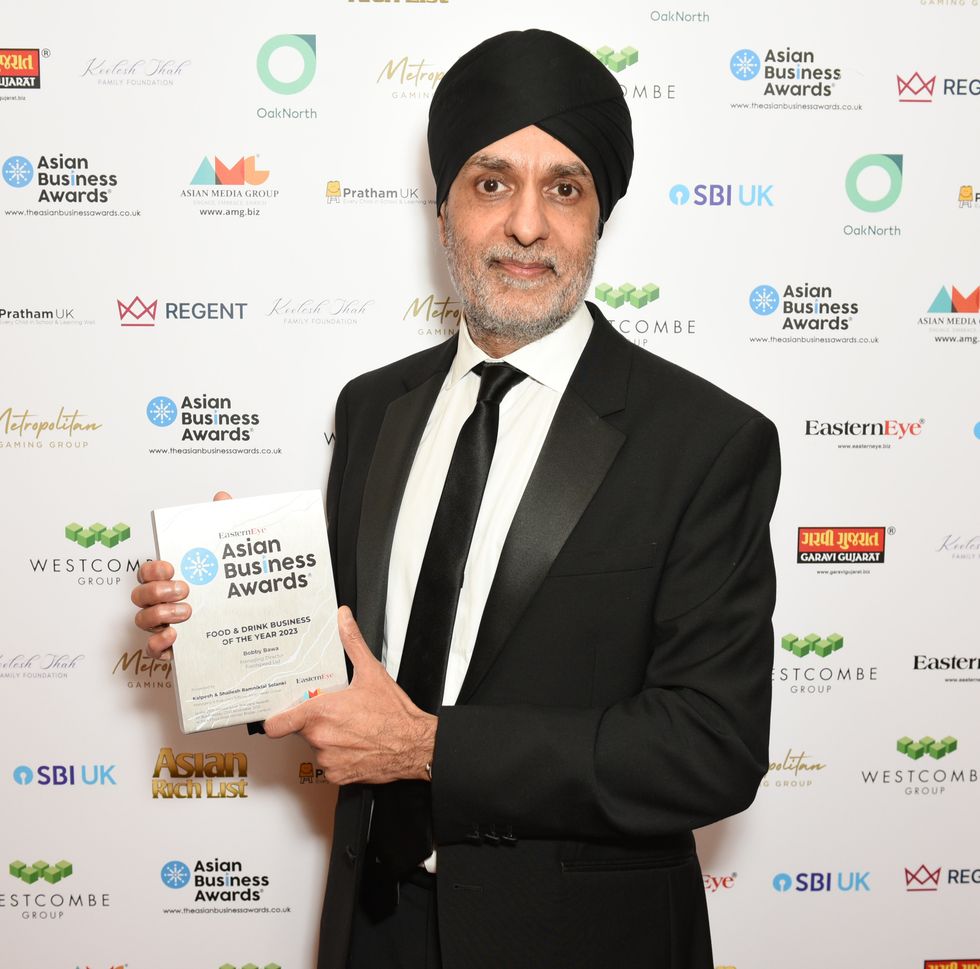Monsanto Co has withdrawn an application seeking approval for its next generation of genetically modified cotton seeds in India, a major escalation in a long-running dispute between New Delhi and the world’s biggest seed maker.
A letter sent by Monsanto’s local partner in India, the conglomerate’s biggest market outside the Americas, strongly objects to a government proposal that would force Monsanto to share its technology with local seed companies.
The American company is also at loggerheads with India over how much it can charge for its genetically modified cotton seeds, costing it tens of millions of dollars in lost revenue every year.
The unprecedented decision to pull the application, which has not previously been reported, could set back Monsanto’s efforts to introduce its new seed, called Bollgard II Roundup Ready Flex technology, for years and lead to further losses.
It will also ratchet up pressure on the Indian government, as it undermines prime minister Narendra Modi’s efforts to make the country look more attractive to foreign investors.
It could also hurt Indian cotton farmers. The new seed variety helps fight against weeds, which sap the cotton crop of vital nutrients and depress yields.
A Monsanto spokesman declined to comment on the withdrawal.
A spokesman for the environment ministry, which had the application before it, was also not available for comment.
In a letter, dated July 5, Maharashtra Hybrid Seeds Co Ltd (Mahyco), Monsanto’s technology partner in India, singled out a government proposal, mooted in May, that would require Monsanto to share its proprietary technology.
After protests by Monsanto and other global seed companies, the government temporarily withdrew the order and decided to seek feedback from stakeholders. It is now evaluating the feedback.
Mahyco said in the letter that the proposal “alarmed us and raised serious concerns about the protection of intellectual property rights”.
It also asked the regulator, Genetic Engineering Appraisal Committee (GEAC), to return data and other material submitted by it as part of the application.
The regulator has done that, a government official said.
India first allowed GM cotton cultivation in 2002 by approving Monsanto’s single gene Bollgard I technology.
New Delhi approved the double gene Bollgard II in 2006, helping transform India into the world’s top producer and second-largest exporter of the fibre as output jumped fourfold.
Bollgard II Roundup Ready Flex would have been the first technological breakthrough since the launch of Bollgard II, potentially pushing up crop yields at a time when some farmers have said the existing variety was losing its effectiveness.
Bollgard II, introduced in 2006, is slowly becoming vulnerable to bollworms, experts say, and, as any technology, has a limited shelf life.
Still, more than 41 million GM cotton seed packets were sold last year, earning royalties of ₹6.5 billion (£73 million) for Monsanto.
Mahyco applied to the GEAC for approval of the new GM seed some time in 2007. The application was in the final stages of a tedious and time-consuming process, which included years of field trials.
In its letter to the GEAC, Mahyco said it would seek to revive the application for Bollgard II Roundup Ready Flex “at a suitable time”.
But the government official said there were no guarantees it would be allowed to do so if it changed its mind in the future and would likely have to start afresh.





 Bobby Bawa
Bobby Bawa













